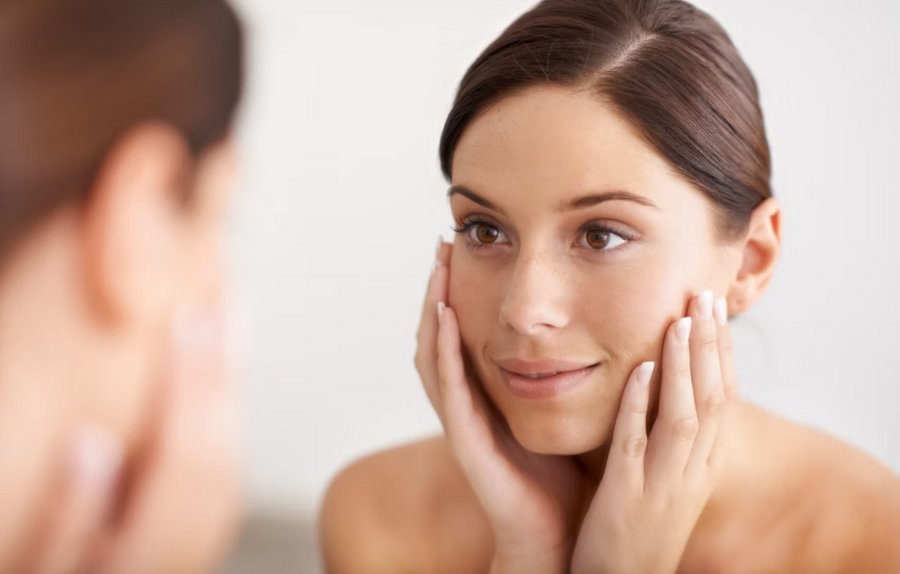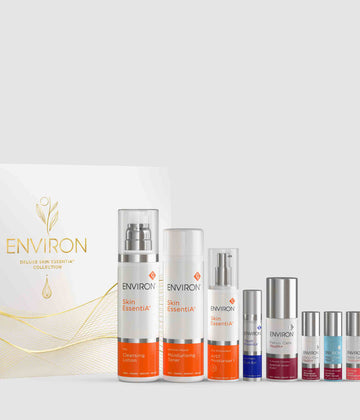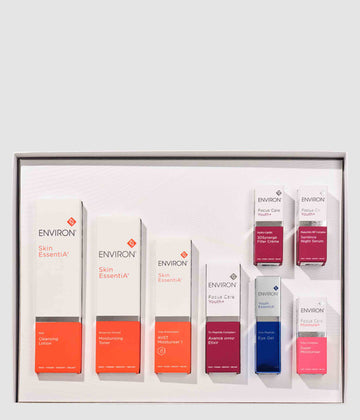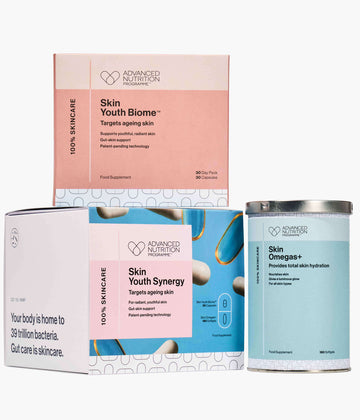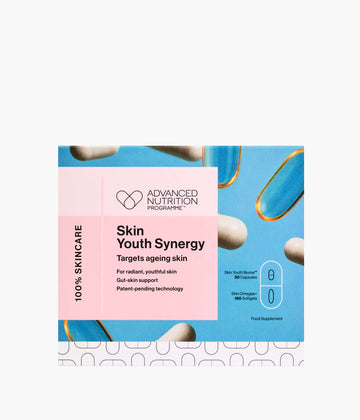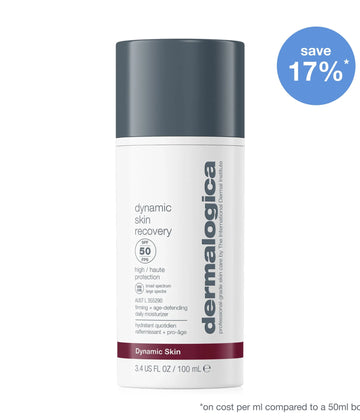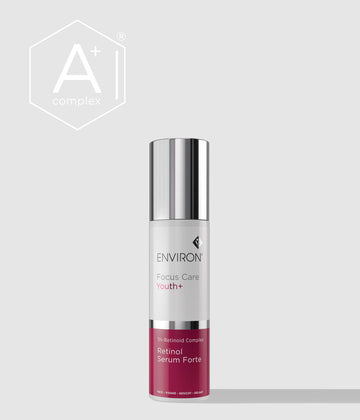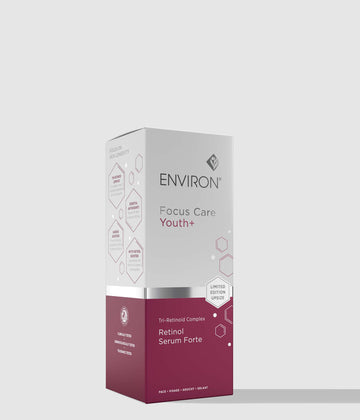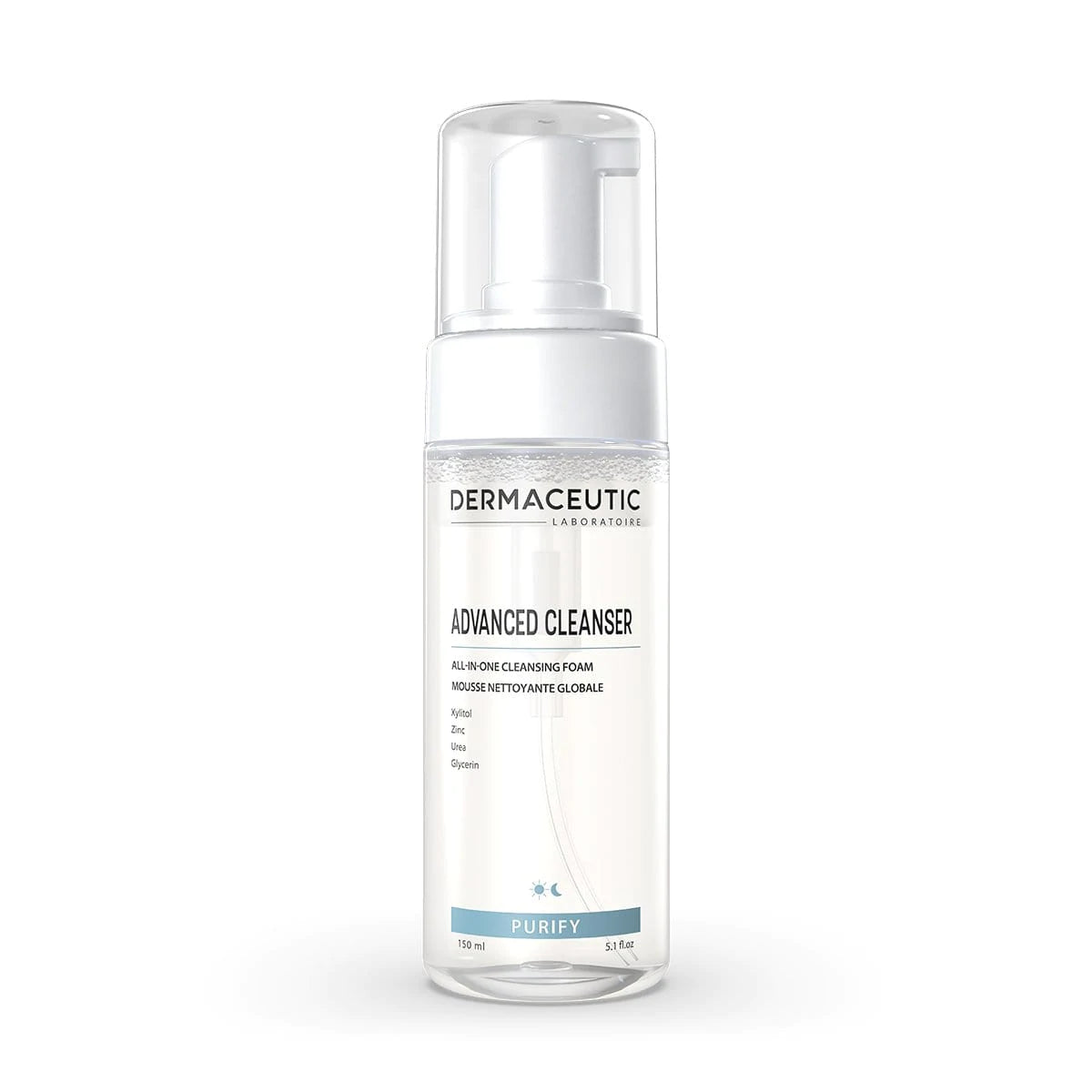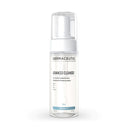Dermaceutic
Founded in France, Dermaceutic Laboratory is one of the first brands to develop cosmeceutical-grade formulas combining science-backed actives with dermatological expertise. Today, it’s a global leader in chemical peels and professional-strength skincare used by over 30,000 clinics worldwide.
Dermaceutic’s product range addresses concerns including pigmentation, ageing, acne and dullness, with high-performance ingredients such as glycolic acid, retinol and vitamin C. Its professional peels are complemented by at-home maintenance products designed to enhance and prolong in-clinic results.
By placing innovation, education and efficacy at its core, Dermaceutic empowers skin professionals and consumers to achieve transformative, evidence-based skincare outcomes.


